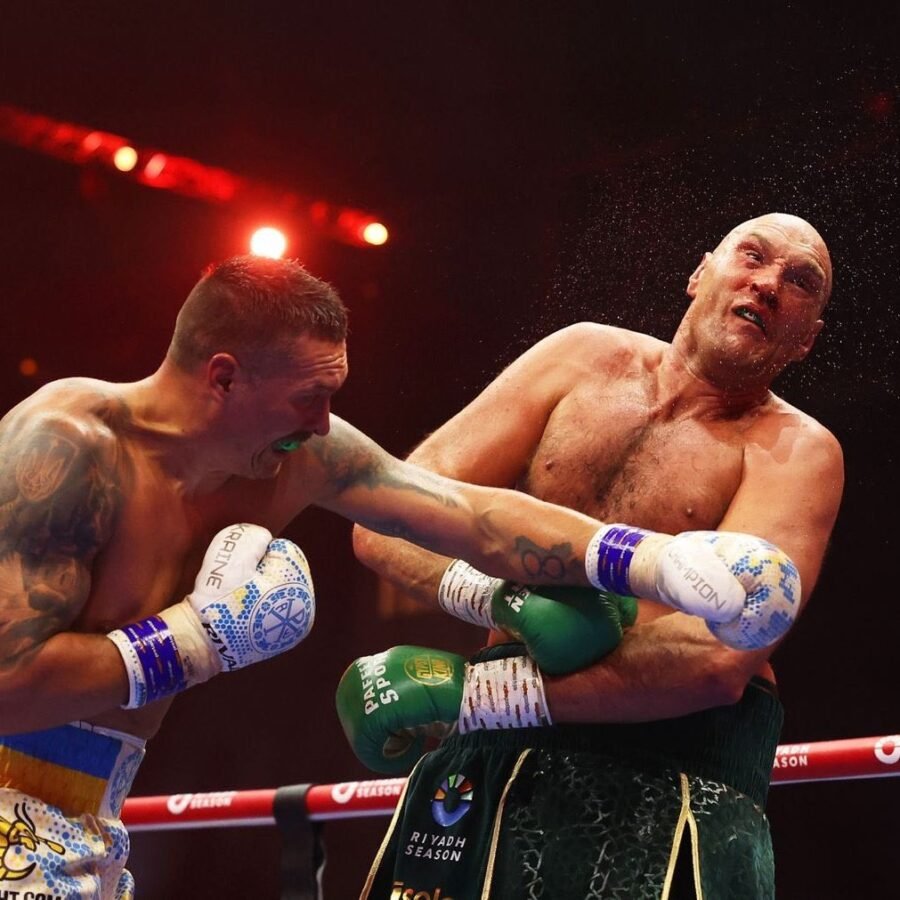
A first ever continental title is the goal for Cameroon when the women’s Africa Cup of Nations kicks off on Saturday but will the hosts flourish or collapse under the weight and pressure of expectation?
The Indomitable Lionesses are one of seven teams desperate to deny Nigeria another African title.
The Super Falcons are the dominant force on the continent, having been crowned African champions seven times.
The Super Falcons first won the African Cup of Nations in 1998 when Nigeria hosted the tournament. They then went on to win in 2000, 2002, 2004, 2006, 2010 and 2014.
They also won the title in 1991 and 1995 before it was renamed.
On the two occasions that they misfired, Equatorial Guinea took the honours.
Florence Omagbemi’s side are not exactly hot favourites this time around but they are warm enough to suggest it would be an upset if it went the other way.
As captain of the Super Falcons, Omagbemi won the African title four times but this is her first tournament as coach.
“Yes, it’s my first tournament as a coach but my experience as a player has prepared me for this. Teams want to beat Nigeria, we will work extra hard to retain the title,” Omagbemi told BBC Sport on the eve of the 10th edition of the continental championship.
Apart from Nigeria, only South Africa and Cameroon have appeared at every tournament since the event began in 1998 as the African Women’s Championship.
After finishing third in 2012 and runners-up in 2014, the hosts have set their sights on winning the big prize on home soil.
They have been boosted by the return from injury of the reigning African Women’s Player of the Year, Gaelle Enganamouit.
Tricky Group A
The presence of South Africa and Zimbabwe in their group – two teams that played at the Olympic Games in Rio – compels the hosts to be on their toes in each match lest they find themselves struggling to qualify for the next stage.
But coach Enow Ngachu is unmoved: “Our objective is to lift the trophy and we have what it takes to win. We have faith and conviction that we can win.”
Despite enormous resources at their disposal, South Africa have delivered very little over the years and are hungry for something more tangible in Cameroon.
Banyana Banyana have been runners-up three times (2000, 2008 and 2012).
They have an interim coach in Desiree Ellis, the former captain who was appointed following the departure of Dutchwoman and Fifa Best Women’s Coach nominee Vera Pauw.
“I don’t like the word ‘interim’ so I’m aiming to do well so that the South Africa Football Association will have no choice but to give us (the technical team) the job full time.”
As usual, the eight teams have been split into two groups based in the capital Yaounde and the coastal town of Limbe.
Group A: Cameroon, South Africa, Zimbabwe, Egypt
Group B: Nigeria, Ghana, Kenya, Mali










